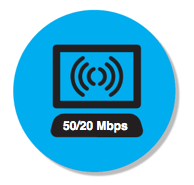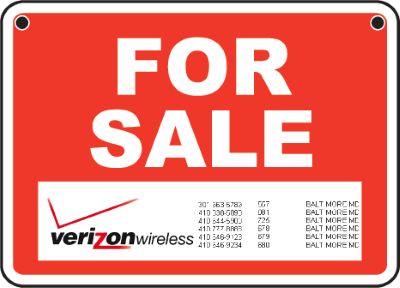 Republican presidential hopeful Donald Trump’s campaign has sent personal invitations to some of the telecom industry’s most powerful lobbying groups asking them to attend an “information session” that will give the lobbyists “an inside look on the work underway on planning for the transition,” should Donald Trump become the next president of the United States.
Republican presidential hopeful Donald Trump’s campaign has sent personal invitations to some of the telecom industry’s most powerful lobbying groups asking them to attend an “information session” that will give the lobbyists “an inside look on the work underway on planning for the transition,” should Donald Trump become the next president of the United States.
Communications Daily reports the secretive meeting will be held at the powerhouse D.C. law firm Baker Hostetler, and will feature Trump transition team leader Chris Christie, the current governor of New Jersey.¹
The Trump campaign has remained almost totally silent on telecom public policy issues, but the meeting will give some of the country’s biggest telecom companies face time to influence an incoming Trump Administration on telecom issues ranging from wireless spectrum to Net Neutrality to competition and regulation matters.
Transition team member Andrew Bremberg, a former aide to Senate Majority Leader Mitch McConnell (R-Ky.) sent the invitations. Likely to attend are lobbyists from NCTA-The Internet Association (cable lobby) and the CTIA (the wireless industry’s principal lobbyist). Also expected are individuals representing some of the largest telecom companies in the country. Up to 100 lobbyists are expected to attend.
The Trump campaign has refused to confirm the event and efforts to reach lobbyists expected to attend to confirm the meeting have also been rebuffed.
Such meetings give lobbyists invaluable face time with important incoming administration officials and often stimulate political campaign contributions. Consumers or their representatives are never invited to attend.
The Trump campaign has proven elusive about the candidate’s views on telecom policies. The Clinton campaign has been more forthcoming, released dozens of pages outlining a comprehensive telecom policy with claims the candidate favors Net Neutrality and wants to spend a considerable sum of taxpayer dollars on enhancing rural broadband.
¹Telecom Officials Likely on Deck for Next Week’s Trump Transition Meeting – Communications Daily/Comm Daily® Notebook, 30 Sep 2016, Ref: 1609290070 – (Subscription req’d.)


 Subscribe
Subscribe The Federal Communications Commission should redefine broadband as speeds of at least 50/20Mbps,
The Federal Communications Commission should redefine broadband as speeds of at least 50/20Mbps,  A Verizon Wireless employee is facing up to five years in prison for peddling customer phone records and location data to private investigators for as little at $50 a month.
A Verizon Wireless employee is facing up to five years in prison for peddling customer phone records and location data to private investigators for as little at $50 a month. Dorothy Ayer said she was quoted a price of $69 a month for a package including landline phone and broadband service from Frontier Communications, but when she received her first bill, she claims she was charged $426.55.
Dorothy Ayer said she was quoted a price of $69 a month for a package including landline phone and broadband service from Frontier Communications, but when she received her first bill, she claims she was charged $426.55.